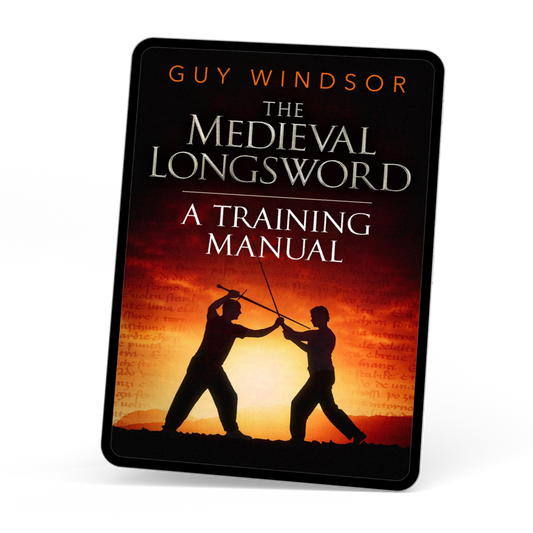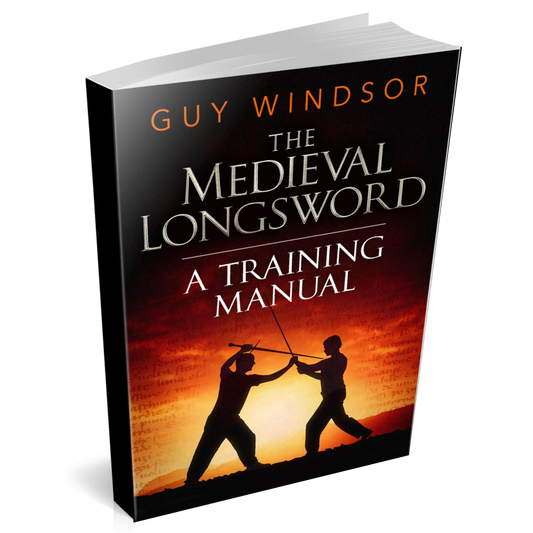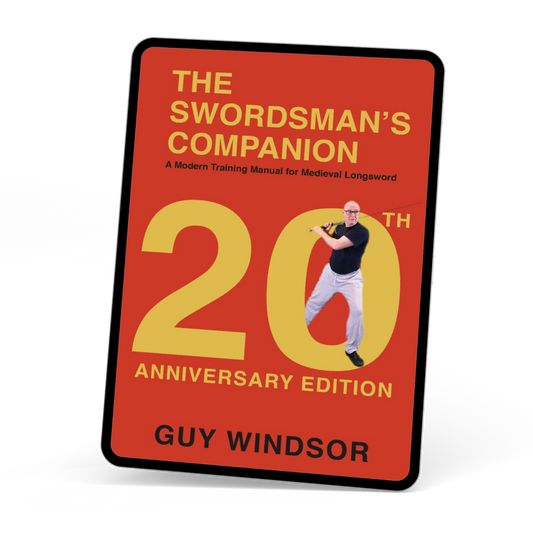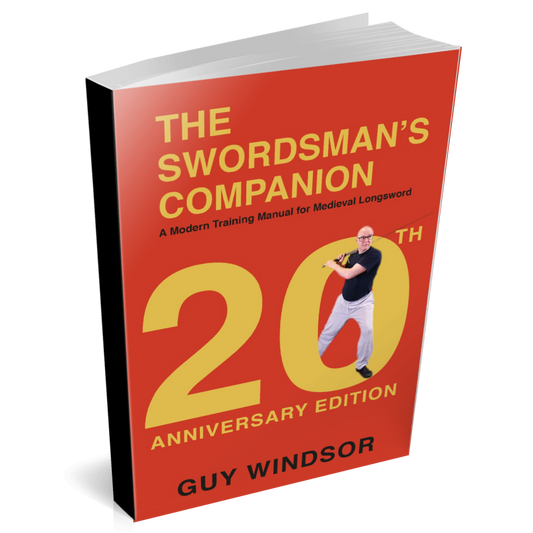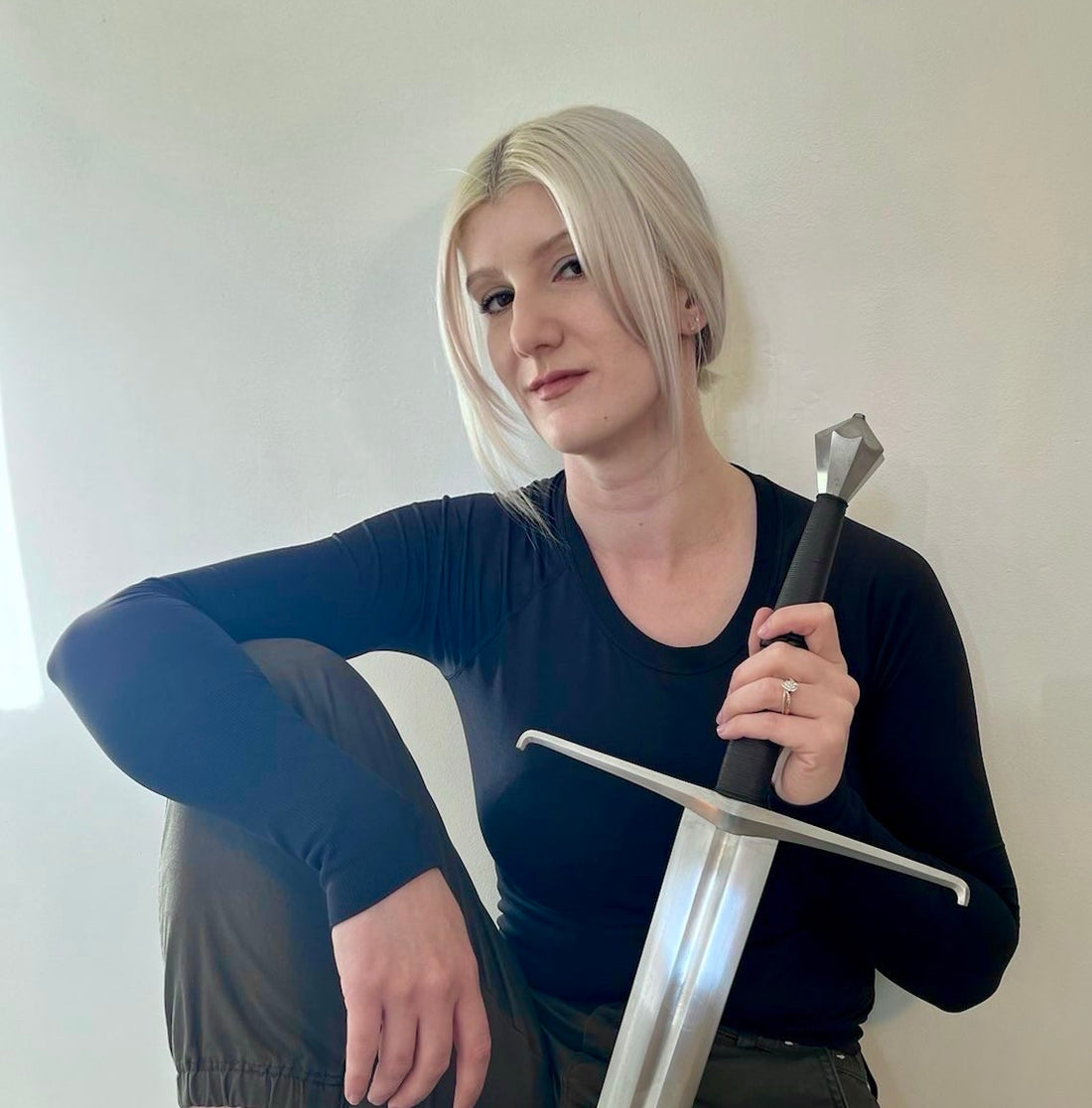
Episode 193: Kinesiology and Concussions with Jane Strange
Share
You can also support the show at Patreon.com/TheSwordGuy Patrons get access to the episode transcriptions as they are produced, the opportunity to suggest questions for upcoming guests, and even some outtakes from the interviews. Join us!
Jane Strange represented Team North America at the 2019 European games in Minsk, and she is a competition medallist at longsword in both open and women's competitions. She is currently teaching and training at Edmonton Historical Martial Arts but is mainly focused on pursuing her degree in kinesiology.
We talk about what kinesiology is and her approach to coaching psychology. Find out what way of training works best for improving someone’s ability with a sword, and how Jane’s approach differs from Guy’s.
We also talk about Jane’s experience at the Minsk European Games. The experience was a bit of a mixed bag, including food poisoning, gear issues, and even a concussion. Jane has taught a seminar on Concussion Awareness and Prevention, having suffered a serious concussion from a car crash. Click here for her slides.
In the episode we discuss preventing and treating concussion – whether there’s any mask that can prevent it, and how we need to change the culture within HEMA to make concussion less likely.

